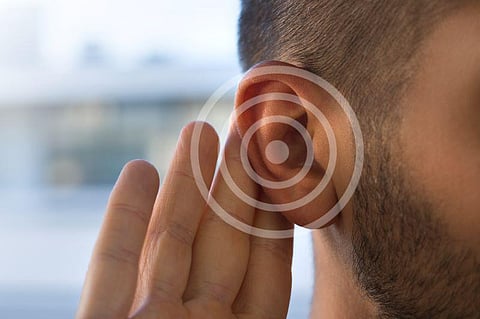TUESDAY, Feb. 13, 2024 (HealthDay News) -- Preventing noise-related hearing loss from a loud concert, a banging jackhammer or a rifle blast could be as simple as managing levels of zinc within the inner ear, a new study reports.
Such hearing loss stems from cellular damage associated with an excess of free-floating zinc in the inner ear, researchers say.
Lab mouse experiments showed drugs that soak up the excess zinc can help restore lost hearing or even protect the ear against loud noises.
“Noise-induced hearing loss impairs millions of lives but, because the biology of hearing loss is not fully understood, preventing hearing loss has been an ongoing challenge,” said senior researcher Thanos Tzounopoulos, director of the Pittsburgh Hearing Research Center at the University of Pittsburgh School of Medicine.
Zinc is a mineral essential to proper cellular function and hearing, researchers said in background notes.
But they found that inner ear levels of zinc spike hours after mice are exposed to loud noise.
This excess zinc causes cell damage and disrupts normal cell-to-cell communication, resulting in temporary and sometimes permanent hearing loss.
Mice treated with a slow-releasing compound that trapped excess free zinc were less prone to hearing loss, and were protected from noise-induced damage, researchers said in a university news release.
Researchers are developing a simple, over-the-counter medication that a person could take to protect their ears from loud noise prior to activities like a rock concert or a gun shoot.
The new study appears in the Proceedings of the National Academy of Sciences.
More information
The National Institutes of Health have more about noise-induced hearing loss.
SOURCE: University of Pittsburgh, news release, Feb. 12, 2024


